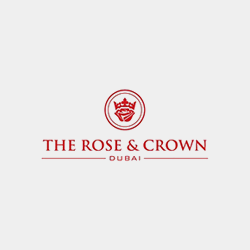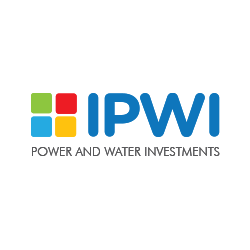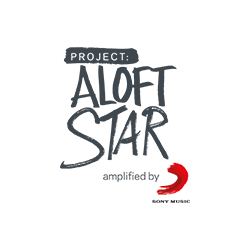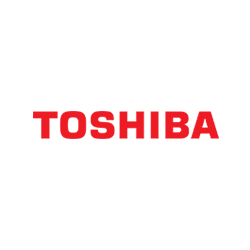Understanding FOIPPA: British Columbia’s privacy framework in a global context
At Timesworld, privacy and data protection are foundational to how we design
systems, manage information, and serve our clients around the world. In the
context of Canada, three key privacy laws guide how personal information is
handled:
FOIPPA - Freedom of Information and Protection of Privacy Act (British Columbia
- applies to public bodies)
PIPEDA - Personal Information Protection and Electronic Documents Act
(Canada-wide - applies to private sector organizations)
GDPR - General Data Protection Regulation (European Union - applies to any
entity handling personal data of EU residents)
While each law applies to different sectors and jurisdictions, they share common
principles: transparency, accountability, individual rights, and ethical data
use. This article focuses on FOIPPA, the cornerstone of public sector privacy
regulation in British Columbia, and explores how it aligns with broader privacy
expectations as seen in PIPEDA and GDPR.
What is FOIPPA?
FOIPPA governs how public bodies in British Columbia, Canada - such as
provincial ministries, school districts, health authorities, municipalities, and
public universities — collect, use, disclose, and protect personal information.
Its purpose is twofold:
To provide individuals with a right of access to records held by public bodies.
To ensure the protection of personal privacy.
Although FOIPPA is specific to British Columbia’s public sector, its principles
resonate globally and echo the intent of both PIPEDA and GDPR, which apply to
private organizations and broader international contexts respectively.
Key principles of FOIPPA
1. Right of Access
FOIPPA grants individuals the right to request access to information held by
public bodies. This includes both general records and an individual’s own
personal information. This principle supports transparency and accountability —
values that are also central to GDPR and PIPEDA.
2. Protection of Personal Privacy
Public bodies are restricted from collecting personal information unless it is
authorized by law, and such collection must be directly related to the body's
mandate. Use and disclosure of that information must also follow strict
conditions. This upholds privacy by default, a concept emphasized under GDPR’s
“data minimization” and under PIPEDA’s “reasonable purpose” requirements.
3. Accuracy and Correction
FOIPPA ensures individuals can request corrections to their personal information
if it is inaccurate or incomplete. This right is essential for maintaining trust
and data integrity — and is mirrored in the GDPR and PIPEDA frameworks.
4. Breach Notification and Risk Mitigation
Under recent amendments, FOIPPA now requires public bodies to report any
privacy breach that could reasonably be expected to cause harm. This obligation
to notify both affected individuals and the Information and Privacy Commissioner
aligns with similar breach notification requirements under GDPR and PIPEDA.
5. Data Residency Requirements
One unique feature of FOIPPA is its data residency clause, which mandates
that personal information under the custody or control of public bodies must be
stored and accessed only in Canada, unless specific exemptions apply. While GDPR
allows international transfers, it does so under defined safeguards. PIPEDA
similarly requires equivalent protection when data is handled outside of Canada.
6. Privacy Management Programs
All public bodies in British Columbia must now implement privacy management
programs to demonstrate proactive compliance. This includes staff training,
policy development, regular assessments, and internal governance structures —
comparable to GDPR’s concept of “accountability” and PIPEDA’s requirements for
effective privacy policies and procedures.
7. Oversight and Enforcement
The Office of the Information and Privacy Commissioner for British Columbia
(OIPC BC) serves as an independent oversight body. It investigates complaints,
conducts audits, and issues orders. Similar roles are played by the Office of
the Privacy Commissioner of Canada under PIPEDA and national supervisory
authorities under the GDPR framework in Europe.
FOIPPA, PIPEDA, and GDPR: A Shared Vision
Although FOIPPA is unique to BC’s public sector, it is part of a larger
shift toward stronger global privacy governance. Its emphasis on responsible
data use, citizen rights, and government accountability aligns naturally with:
PIPEDA, which ensures that private-sector businesses across Canada manage data
transparently and with meaningful consent.
GDPR, which has set a global benchmark for comprehensive data protection across
industries and borders.
Together, these three regulations reflect a shared vision: putting individuals
at the center of data governance.
Why this matters to Timesworld
As a trusted partner to public institutions and private enterprises across
Canada and other global markets, Timesworld ensures that our data practices meet
or exceed legal and ethical standards. Our systems are developed with a deep
understanding of both local regulations and international obligations, enabling
clients to:
Manage personal data responsibly
Demonstrate compliance across multiple jurisdictions
Build long-term trust with users and stakeholders
Whether designing citizen-facing portals, internal data management tools, or
cloud-based analytics platforms, we embed privacy by design and ensure that our
solutions are adaptable to FOIPPA, PIPEDA, and GDPR requirements.
Conclusion: FOIPPA continues to evolve as a modern, responsive framework for
data privacy in British Columbia’s public sector. As part of a global ecosystem
of privacy legislation, it upholds principles that are essential for digital
trust - principles shared by PIPEDA and GDPR.For organizations operating across
jurisdictions, understanding these connections is not just a legal necessity -
it’s a strategic advantage. At Timesworld, we are proud to support both public
and private sector clients in navigating this evolving landscape with
confidence.
Want to learn how Timesworld’s data solutions align with Canadian and
international privacy laws? Contact our privacy team for a consultation.










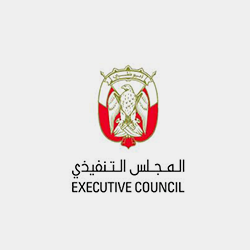

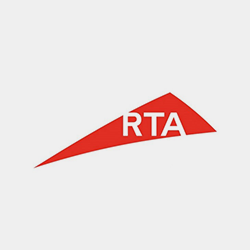



.png)




.png)
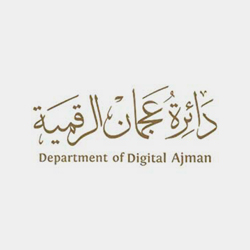




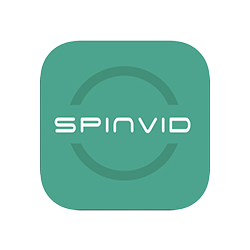



.png)
.png)

.png)
.png)
.png)
















.png)



.png)
































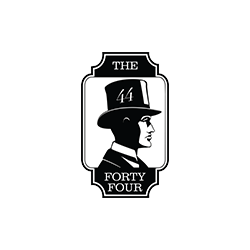

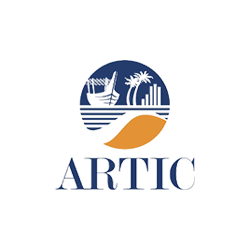





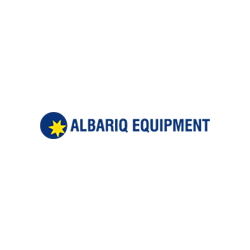









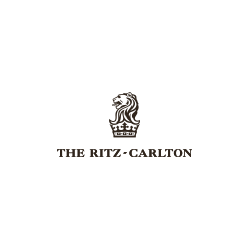








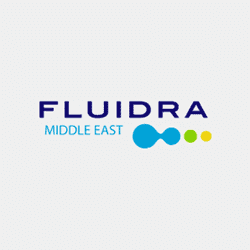









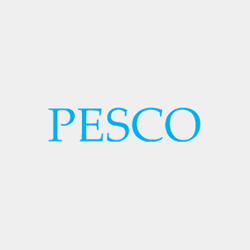

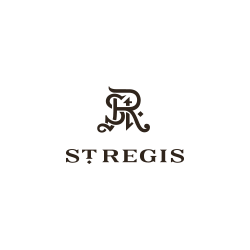







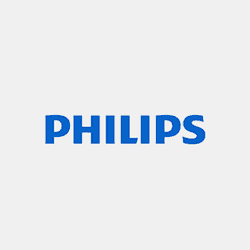
.png)




